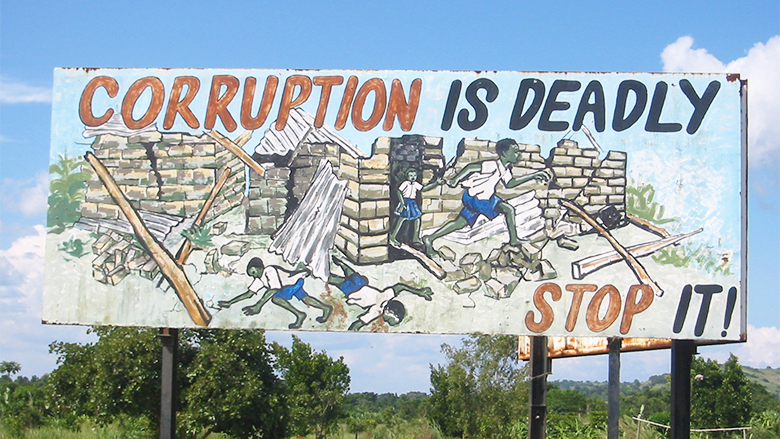
In the recent World Economic Forum Global Competitiveness Index, Albania has risen four places to number 76 out of a total of 140 countries.
The report is billed as a “much needed economic compass” that builds on 40 years of experience in benchmarking the drivers of long-term competitiveness. As we enter what is known as the fourth industrial revolution with many economies still reeling from the Great Recession, concerned leaders are grappling for answers and solutions, whilst non-concerned leaders try to make short-term hay whilst the sun shines.
The Index integrates well-established aspects and emphasizes the role of human capital, innovation, resilience, and agility as not only drivers, but as defining features of economic success. It offers objective, data driven analysis for dispassionate, future-oriented, and rational policy-making.
Each country is measured on 12 Pillars which include: Institutions, Infrastructure, ICT Adoption, Macro-economic stability, Health, Skills, Product Market, Labour Market, Financial Systems, Market Size, Business Dynamism, and Innovation Capability,
The overall conclusion of the report is that whilst some countries such as Albania have moved up in the index, most economies are far from competitive. With the global average score of 60 out of a possible 100, this shows that many economies are yet to implement the measures that would implement their long-term growth and resilience, whilst broadening opportunities for their populations.
Scoring 58,2 points lower than the global average, Albania has improved by four places on last years’ index but this translates to an increase of just 0.8 points.
Albania performs poorly in terms of Infrastructure (100th), Macro-economic stability (97th), Financial System (105th), and Market Size (108th), but manages a semi-decent score when it comes to its Labour Market (34th) and Skills (45th). The report places the unemployment rate at 13.9% with a GDP per capita of just $4,582. Based on current rates, its predicted 10-year average annual GDP growth is expected to be 3%.
The report also highlights issues with organised crime, a severe lack of judicial independence, banking inefficiencies, and a lack of innovation and progressive ideas. The reliability of the police, efficiency of legal frameworks, social capital and incidence of corruption are all worse than the 2017 report.
Countries faring better in this year’s report include Morocco, Azerbaijan, Serbia, Mauritius, Kazakhstan and Oman. Albania beats Vietnam, Ukraine, and Sri Lanka by just a couple of places.

